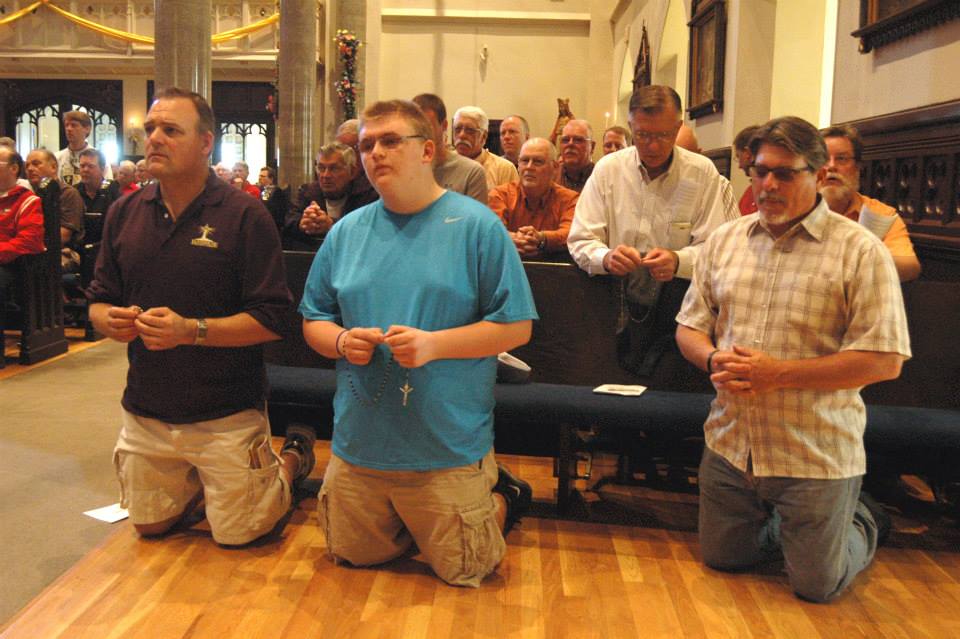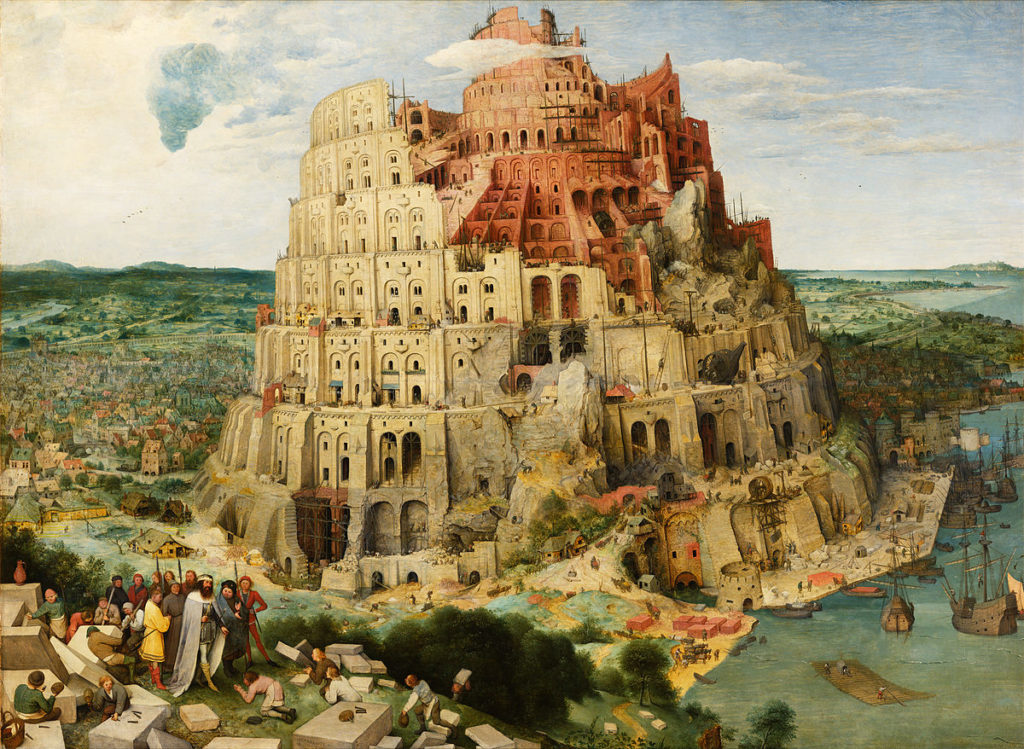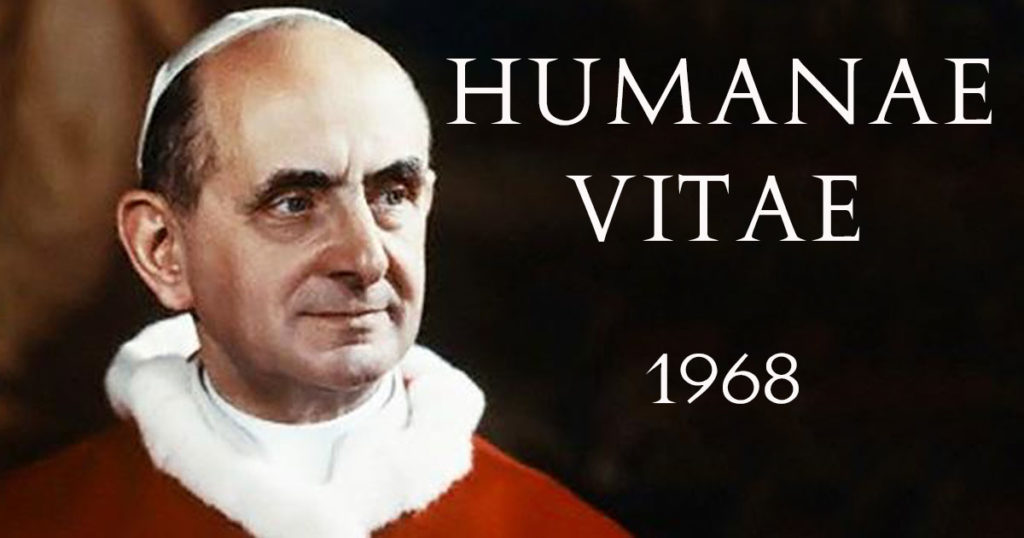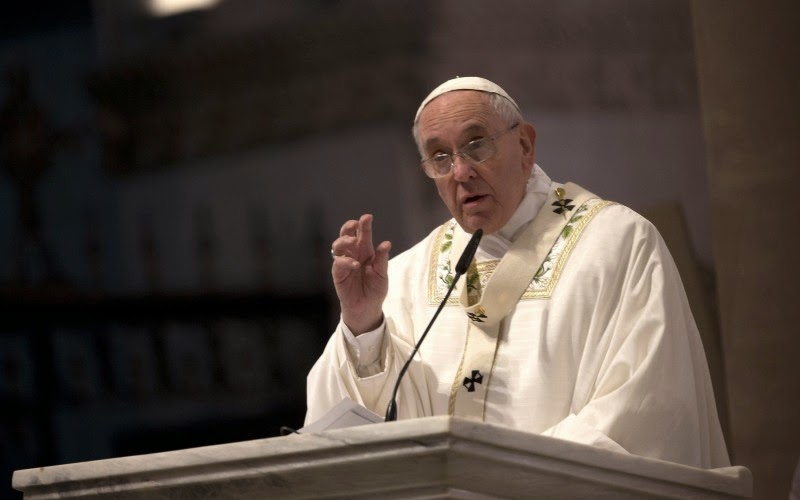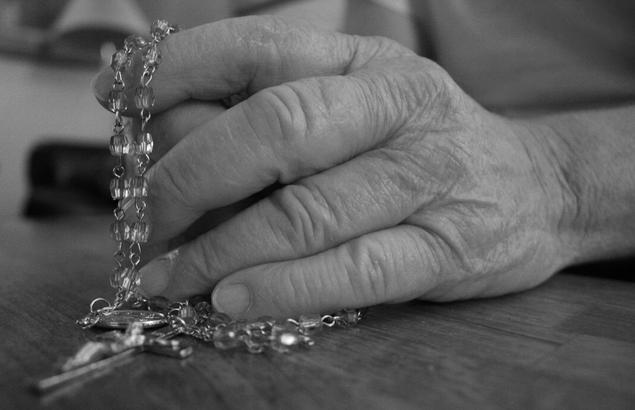Saint Dominic: Model of Humility
I recently completed reading Saint Dominic and the Rosary by Catherine Beebe. Saint Dominic’s life was a saintly one in every sense of the word. He practiced the saintly virtues of humility and patience throughout his life. We should also practice these virtues during Advent as we prepare to celebrate Jesus’ birth and reflect on […]
Saint Dominic: Model of Humility Read More »




